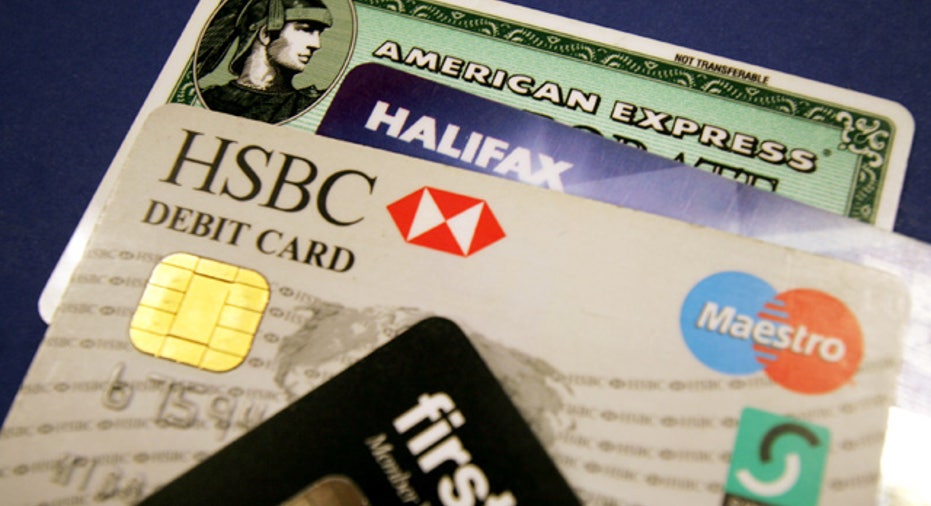Chips: Bad for Your Waistline But Good for Your Wallet?

Chips may not be good for your waistline, but the financial industry thinks they'll be good for your wallet.
Credit card fraud has been a well-publicized phenomenon for awhile now, but credit card issuers are chipping away at the problem. In fact, a chip may end much of the problem.
Visa announced recently that they're more aggressively making the push to offer credit cards that use a computer chip embedded into the plastic, something known as EMV chips (the EMV stands for Europay, MasterCard and Visa). This is a change from what we use in the United States currently--a magnetic strip.
If all goes well, and Visa can bring merchants aboard to implement the terminals that handle chip technology relatively soon--the goal is April 2013--instead of swiping your Visa credit card, you'll poke it into a slot, then enter a personal identification number (PIN), every time you make a purchase, whether it's a credit card or debit card.
What's the problem with swiping? Inherently, nothing, but all of that information on a magnetic strip is--compared to the embedded chip--relatively easy for a criminal who knows what they're doing to copy onto a bogus card and then spend, spend, spend on someone else's credit. It's a growing, serious quandary for consumers. According to Information Week, since 2009, credit card fraud has increased by 62%.
The credit card industry has had this technology available for awhile now, and Europe converted to the chip and PIN technology awhile ago, but it's taken the United States longer to catch up--it's a big country, and there are a lot of players that need to get aboard: banks, credit unions, payment processors and merchants&all sorts of merchants. And merchants have been reluctant to invest in the new credit card readers that work with chip and PIN technology, especially when it looks like someday we may all be paying for our purchases not with plastic but smartphones.
That said, some banks, like U.S. Bank and Wells Fargo, have already introduced chip-embedded cards to some of their customers and plan to roll them out to more customers later this year. And Visa isn't the only credit card, of course, looking toward chip and PIN cards. The chip-embedded Citi Executive AAdvantage World Elite MasterCard, which Citibank and American Airlines are expected to debut later this year, will be able to be used at any merchant that only takes chip-and-PIN credit cards. That may, for some frequent travelers who get good use out of their airline cards, make the $450 annual fee worth it.
Because one reason that the credit card issuers are stepping up plans to introduce this technology to the United States isn't just fraud, but that Americans traveling abroad are finding that their credit cards with the magnetic strips aren't working well in Europe and other countries. There are numerous tales out there of American travelers stuck in stores and, more frustratingly, unattended train station kiosks in far-flung countries, unable to make a purchase.
Of course, I'm not convinced--and I'm sure nobody is--that this will completely end the problem of credit card fraud, but it should help immensely. The chip-and-PIN solution will require an extra, difficult hurdle for thieves to straddle, difficult enough that it should help bring credit card crime down significantly--at least for awhile.
The original article can be found at CardRatings.com:Chips: bad for your waistline but good for your wallet?



















